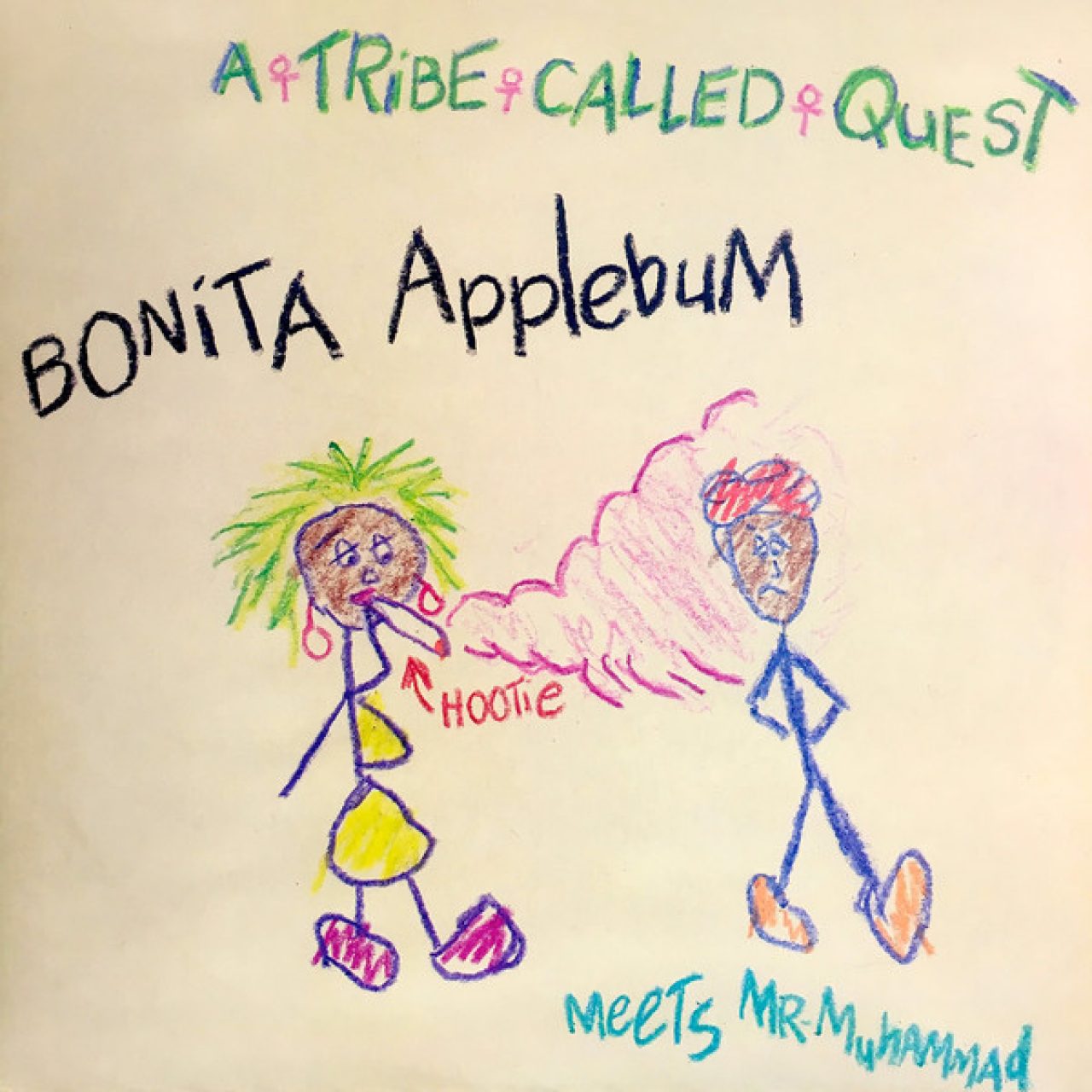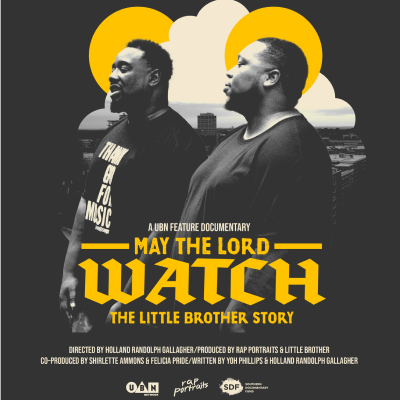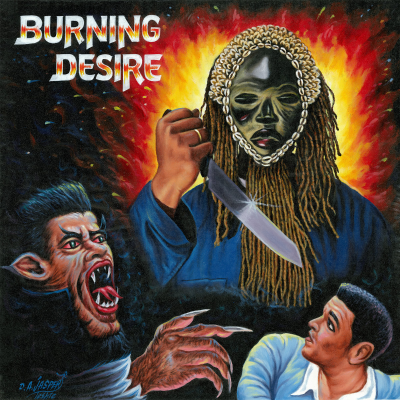A Tribe Called Quest
“I Left My Wallet in El Segundo”/”Pubic Enemy (Saturday Night Virus Discomix)” (Jive)
Billboard chart position: Hot Rap Singles (#9)
A Tribe Called Quest
“Bonita Applebum”/”Bonita Applebum (Hootie Mix)” (Jive)
Billboard chart positions: Hot R&B Singles (#56), Hot Rap Singles (#4)
A Tribe Called Quest
“Can I Kick It?”/”Can I Kick It? (Spirit Mix)”/”If the Papes Come” (Jive)
Billboard chart position: Hot Rap Singles (#8)
After dazzling college radio with their 1989 debut, “Description of a Fool,” A Tribe Called Quest formally introduced themselves to MTV with “I Left My Wallet in El Segundo,” a shaggy-dog tale about getting lost in a dusty border town during an aimless road trip. (Incidentally, despite the classic video’s allusions to Mexican foreigners, El Segundo, California’s population is majority white.) Q-Tip’s two verses are the main focus, making for one of the better story raps in an era when the art form reached its peak. He doesn’t adorn his rhymes with odd metaphors, yet he manages to keep the listener off balance by virtue of his tart mid-range cadence, one of the most remarkable in the genre’s history.
Tribe’s next single, the gushingly romantic “Bonita Applebum” should have been a pop breakthrough in spite of Q-Tip’s naughty line about “crazy prophylactics.” Despite their universal appeal and charmingly goofy innocence — “I must beseech ya,” marvels Q-Tip to the apple of his eye — Black radio programmers largely ignored the group, an issue that would become glaring as they grew more successful. (Like most “hardcore” rap acts back then, Tribe charted with retail sales instead of airplay.) However, you could hear mix show and weekend DJs spinning “Bonita Applebum (Hootie Mix),” a memorable remix that paired alternate lyrics with a loop of The Isley Brothers’ “Between the Sheets” (four years before Biggie turned the same sample into “Big Poppa”).
A third and final single, “Can I Kick It,” gave Phife Dawg a spotlight; he memorably rapped, “Mr. Dinkins, can you please be my mayor?” At the time, the group opted to use the “Spirit Mix” for their video treatment. Today, it’s the original version — and its memorable use of the intro from Lou Reed’s “Walk on the Wild Side” — that gets licensed for brands like Michelob Ultra. Since he admittedly spent more time chasing girls in the streets, Phife’s participation was sparse on the album. He didn’t emerge as a full partner until Tribe’s stunning second album, 1991’s The Low End Theory.
Already, Tribe was threading the needle between their older Native Tongues mentors. Whether rightly or wrongly, Jungle Brothers were viewed as too odd and innovative. De Le Soul sarcastic tones left “Me Myself and I’s” suburban fans to wonder if the trio was talking shit about them. But Tribe’s debut, People’s Instinctive Travels and the Paths of Rhythm, sounded blissfully carefree and preternaturally wise. Even a dedication to their Muslim-inspired diet, “(I Don’t Eat No) Ham & Eggs,” sounded wholesome. The group would mature, but they’d never completely abandon the infectious optimism that “El Segundo,” “Bonita Applebum,” and “Can I Kick It” unveiled.
Read more: The 100 Best Rap Singles of 1990
Originally published on criticalminded.com.
Humthrush.com will always be free to read and enjoy. If you like my work, leave a tip at Ko-fi.com/humthrush.


